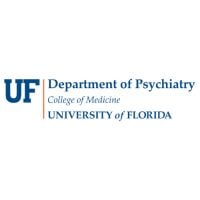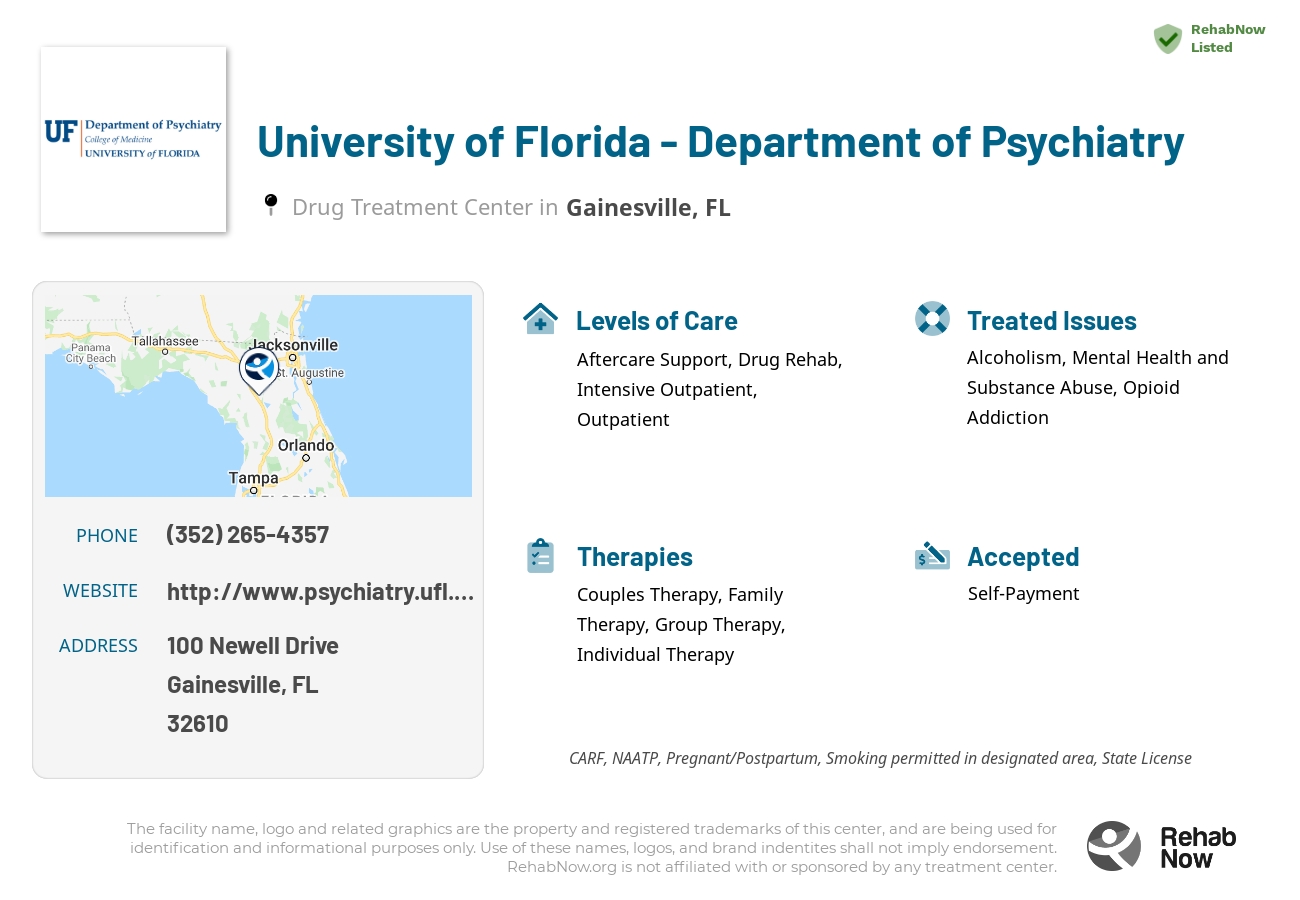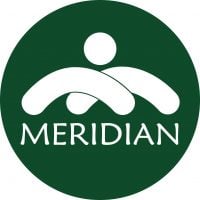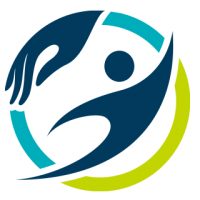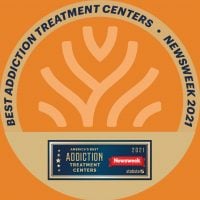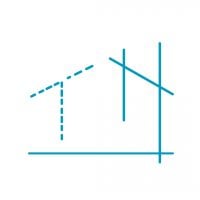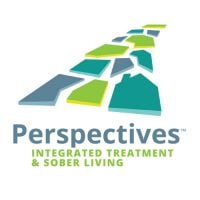University of Florida - Department of Psychiatry
Drug Rehab Center in Gainesville, Florida
The University of Florida Department of Psychiatry provides comprehensive addiction treatment services, from outpatient to residential rehab, with experienced and qualified staff, as well as aftercare support to maintain sobriety.
About University of Florida - Department of Psychiatry in Florida
The University of Florida - Department of Psychiatry in Gainesville, Florida is a treatment facility dedicated to helping individuals overcome alcoholism, dual diagnosis, opioid addiction, and drug addiction. With a focus on providing personalized care, their team of professionals is experienced in treating a range of substance abuse issues. Offering a variety of treatment levels, including aftercare support, drug rehab, intensive outpatient, and outpatient services, the University of Florida - Department of Psychiatry is committed to assisting individuals on their path to recovery.
The facility provides various services and treatment methods for individuals seeking help with addiction and substance abuse. Their treatment approach encompasses a holistic view, addressing both the physical and mental aspects of addiction. Through therapy sessions, individuals can explore the underlying causes of their addiction and develop coping strategies for long-term recovery. The University of Florida - Department of Psychiatry also offers medical detoxification services to help manage withdrawal symptoms safely and comfortably. Additionally, they focus on aftercare support to ensure individuals have ongoing support and resources after completing their program.
Genders
Ages
Modality
Additional
Conditions and Issues Treated
Many people who struggle with opioid addiction need to attend specific programs like methadone , Suboxone or Vivitrol clinics.
These types of programs will provide the patient with legal, prescription medications that can help them overcome their cravings for illegal opioids like heroin or fentanyl . If the patient has a chronic condition like Hepatitis C, they must undergo treatment before they can begin taking these medications.
Levels of Care Offered
This center offers a variety of custom treatment tailored to individual recovery. Currently available are Aftercare Support, Drug Rehab, Intensive Outpatient, Outpatient, with additional therapies available as listed below.
An intensive outpatient program is usually the first phase of addiction treatment. It provides relief for those who are addicted, but are not ready to commit to an inpatient setting. Typically, the patient lives at home and is able to work or go to school. IOPs consist of a daily 3 to 5-hour program, and there is a required number of hours per week. Most patients go to IOP between 20 and 40 hours per week. The patient attends group counseling and individual therapy throughout the duration of treatment. They also meet daily with their therapist to discuss how it’s going and where they are in the recovery process.
The goal here is to teach patients healthy coping skills, such as stress management and identifying thoughts and behaviors that lead to relapse. The implementation of these skills will be useful as the individual transitions into the next phases of treatment.
An outpatient treatment program is set up to help with alcohol or drug addiction, or a co-occurring disorder. The patient must attend the Florida facility for their therapy and other programs but are able to return home each night. The frequency of mandatory attendance decreases after much of University of Florida - Department of Psychiatry‘s program is complete.
Aftercare is a term that’s used to refer to any sort of continuing care offered for a drug addict who has voluntarily entered a rehabilitation program. This type of care can be provided in several settings, including outpatient therapy sessions after the addict has completed an inpatient program. There are also 12-step support groups, such as Alcoholics Anonymous, which can provide additional help for addicts trying to stay sober.
Therapies & Programs
Individual Therapy is a critical component of addiction recovery. Therapists work with patients to identify the root of their addiction and figure out how to better handle the issues that led to them using drugs. Individual Therapy is the one-on-one session where people meet with their therapist. Individual therapy provides a safe space for people to open up and discuss personal and sensitive topics which they may not feel comfortable discussing in a group setting.
Couples therapy at University of Florida - Department of Psychiatry focuses on addiction treatment for the addict and their spouse. The addict’s family, not just the addict, can benefit from this form of therapy. Couples therapy addresses communication problems, trust issues, lack of intimacy, and abuse in intimate relationships. Couples therapy can help rebuild trust between partners, which increases the chances for successful treatment and sustained recovery.
Intimate relationships can be damaged during addiction, and professional help may be necessary to rebuild the often destroyed trust and love. Couples therapy at University of Florida - Department of Psychiatry helps couples improve communication and rebuild trust. Either or both partners will be helped by this treatment administered by professionals. This treatment can also help one or both partners if addiction is the problem.
Family therapy will also help families realize that the addiction is not their fault. For many years, people blamed themselves for an addict’s behavior and felt that they had done something wrong. This is not the case. Addiction is a disease, and it can strike anyone, even if their life seems fine from the outside. It can bring a lot of shame to a family when they have an addict in their midst, but if everyone is open and honest with each other, then they can help everyone stay in recovery.
Group Therapy is utilized by drug treatment centers like University of Florida - Department of Psychiatry to provide the recovering drug addict with a platform to talk about their feelings and experiences. It also provides for an opportunity to learn from other addicts who have successfully overcome their addiction.
Group Therapy is employed in lectures, seminars, or discussion groups (the latter two are typically conducted as “therapy groups”). It is recommended that all group members be recovering addicts for this type of therapy to work (though it does not exclude others with lived experience).
Payment Options Accepted
For specific insurance or payment methods please contact us.
Additional Details
Specifics, location, and helpful extra information.
Gainesville, Florida 32610 Phone Number(352) 265-4357 Meta DetailsUpdated November 25, 2023
Staff Verified
University of Florida - Department of Psychiatry Patient Reviews
There are no reviews yet. Be the first one to write one.
Gainesville, Florida Addiction Information
Florida is one of the nation's epicenters for substance abuse and drug-related overdoses. In 2014, around 410,000 Florida residents were addicted to drugs and alcohol. Over the last 10 years, 12% of all deaths in the state were attributed to substance abuse. Treatment admissions for alcohol reached 24,329 patients in 2016, and 2.5% of Florida high school students admitted to using crack cocaine.
30% of all crimes committed in Gainesville, Florida are drug-related. The most commonly cited substances of abuse are alcohol (42%), marijuana (17%), and other drugs (16%). There were 1,521 drug-related arrests in 2016. The treatment process for drug addiction in Gainesville will vary depending on the individual's needs and situation. However, most drug rehab programs will offer a combination of detoxification, counseling, and support services to help clients recover from addiction.
Treatment in Nearby Cities
- Port Charlotte, FL (185.7 mi.)
- Titusville, FL (117.4 mi.)
- Key Largo, FL (336.5 mi.)
- Florida City, FL (312.4 mi.)
- Ojus, FL (289.1 mi.)
Centers near University of Florida - Department of Psychiatry
The facility name, logo and brand are the property and registered trademarks of University of Florida - Department of Psychiatry, and are being used for identification and informational purposes only. Use of these names, logos and brands shall not imply endorsement. RehabNow.org is not affiliated with or sponsored by University of Florida - Department of Psychiatry.
